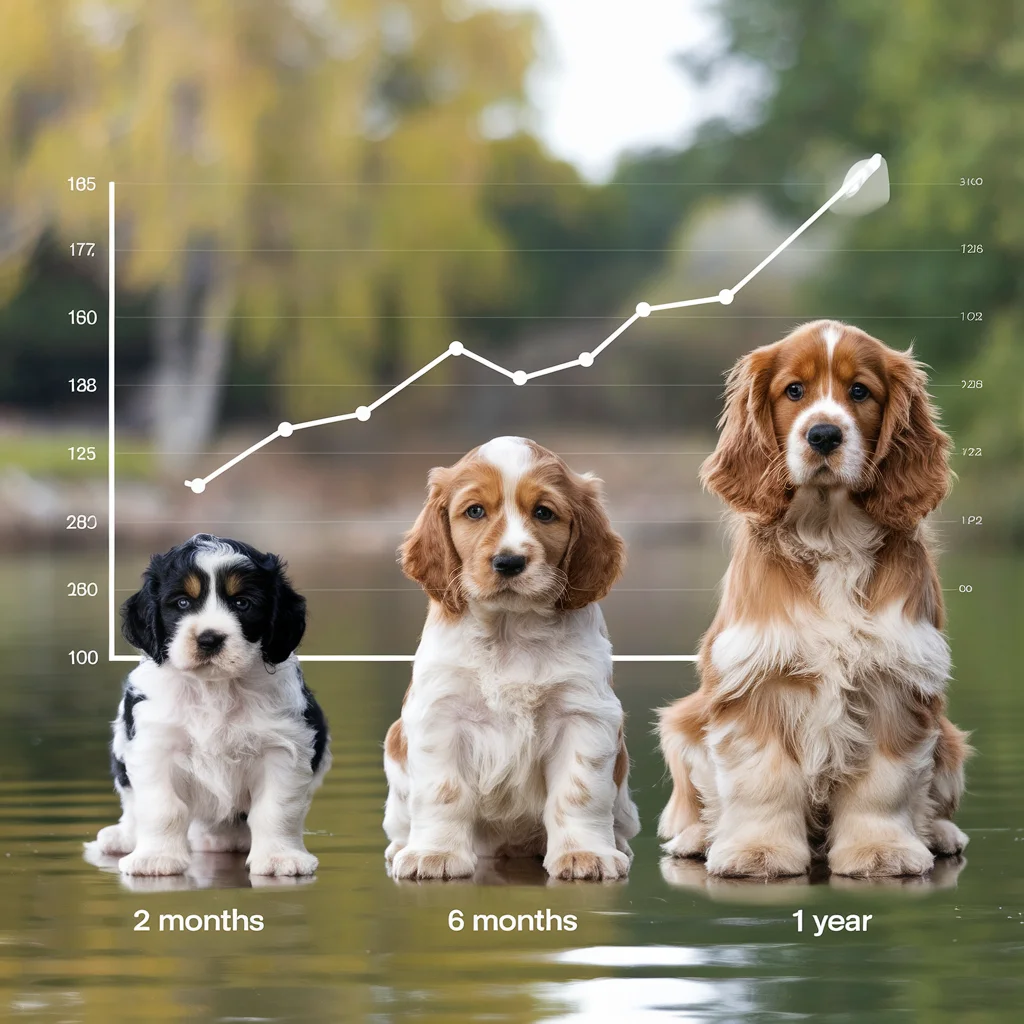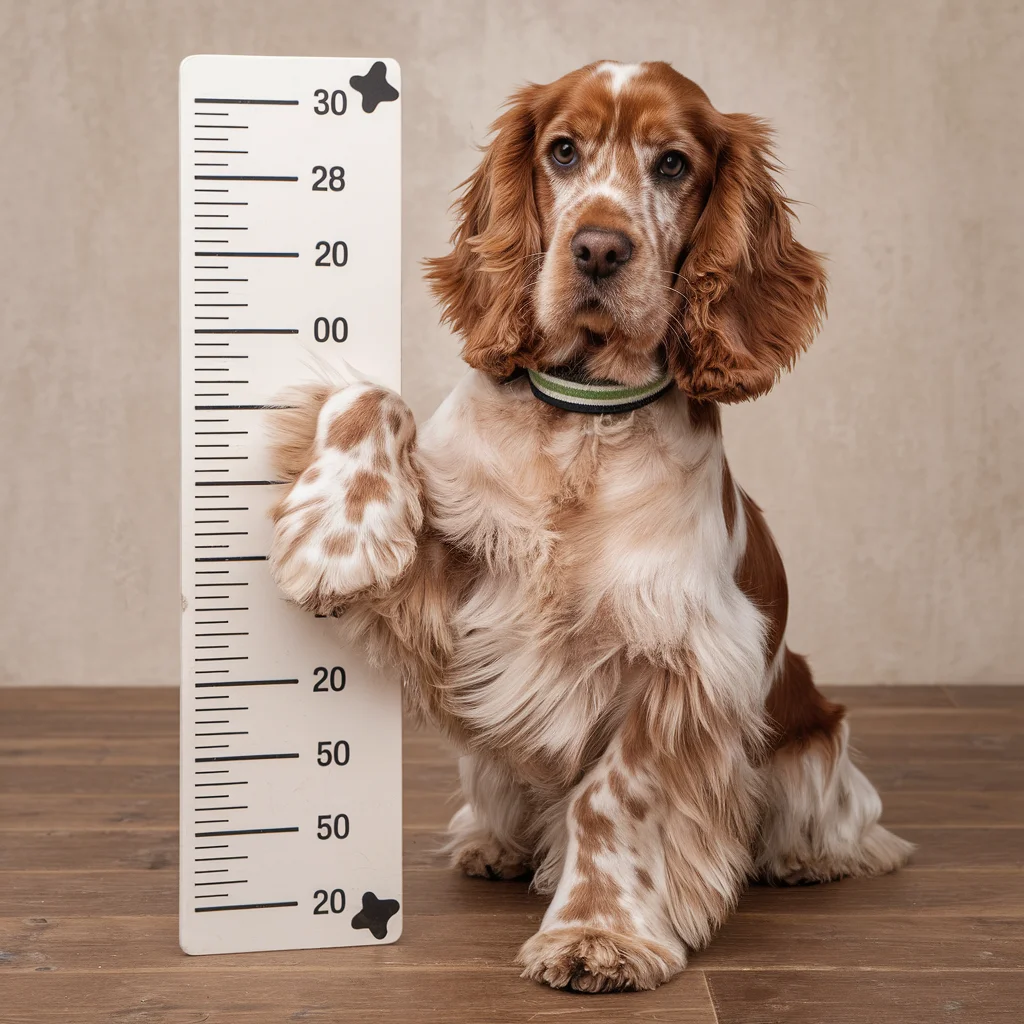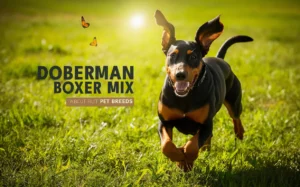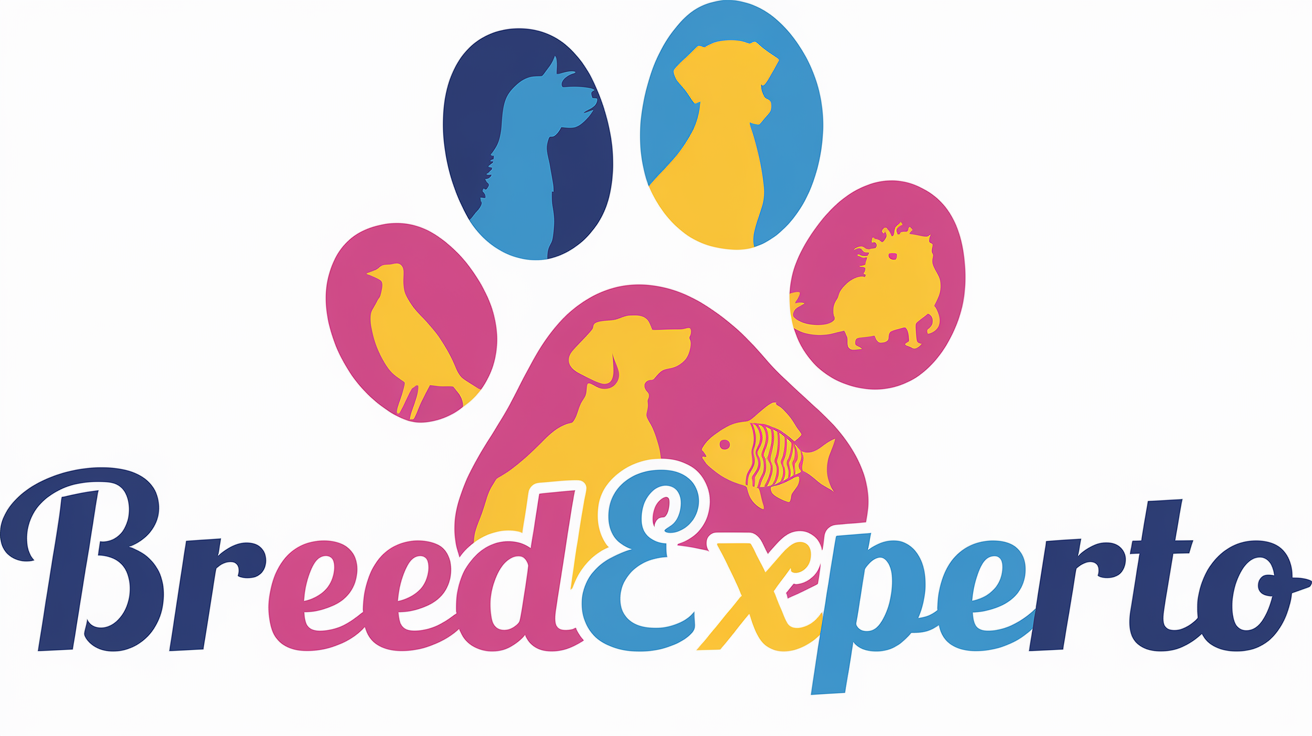Cocker Spaniels are beloved companions known for their affectionate nature and playful spirit. Understanding the growth stages and important milestones of this breed is essential for ensuring their health and happiness.
This comprehensive guide will delve into the various growth phases, factors affecting their development, and how to provide the best care for your Cocker Spaniel.
Cocker Spaniel Growth Chart

A Cocker Spaniel’s growth chart serves as a valuable tool for monitoring their development. Here’s a typical growth chart that outlines the average height and weight for both American and English Cocker Spaniels:
| Age | Weight (American) | Weight (English) | Height (American) | Height (English) |
| Birth | 0.5 – 1 lb | 0.5 – 1 lb | 7 – 10 inches | 7 – 10 inches |
| 1 Month | 2 – 4 lbs | 2 – 4 lbs | 9 – 11 inches | 9 – 11 inches |
| 3 Months | 10 – 15 lbs | 10 – 15 lbs | 11 – 14 inches | 11 – 14 inches |
| 6 Months | 20 – 30 lbs | 20 – 25 lbs | 13 – 15 inches | 13 – 16 inches |
| 1 Year | 25 – 35 lbs | 25 – 40 lbs | 14 – 15 inches | 14 – 17 inches |
| 2 Years | 30 – 40 lbs | 30 – 45 lbs | 14 – 15 inches | 14 – 17 inches |
These figures can vary based on genetics, diet, and overall health. Monitoring your Cocker Spaniel against these benchmarks will help you identify any potential issues early on.
Growth Stages of Cocker Spaniels
Understanding the different growth stages of Cocker Spaniels is crucial for owners to provide the right care and training. Each stage presents unique developmental milestones.
Newborn Stage (0 – 2 Weeks)
During the first two weeks, Cocker Spaniel puppies are entirely dependent on their mother. They primarily engage in feeding and sleeping. Here’s what to expect:
- Physical Characteristics: Puppies are born with their eyes and ears closed. They are tiny and weigh only about half a pound.
- Development: This stage is crucial for bonding. Puppies rely on their mother for warmth and nutrition.
Transitional Stage (2 – 4 Weeks)
At around two weeks old, puppies begin to open their eyes and ears. This is the transitional stage where they start exploring their surroundings.
- Feeding: Puppies start transitioning from their mother’s milk to soft, solid food.
- Socialization: They begin to interact with their littermates, which helps develop their social skills.
Juvenile Stage (4 – 12 Weeks)
This stage is one of the most critical for training and socialization.
- Physical Growth: Puppies grow rapidly during this time. By 12 weeks, they might weigh between 10 and 15 pounds.
- Training: It’s essential to start basic training and socialization with other dogs and humans. Early exposure to different environments and experiences is vital for healthy development.
Adolescent Stage (3 – 6 Months)
As Cocker Spaniels reach adolescence, you’ll notice significant physical and behavioral changes.
- Growth Spurts: Expect rapid growth, and they may appear clumsy as they adjust to their growing bodies.
- Training Challenges: Adolescence can be a challenging time for training as they test boundaries. Consistent, positive reinforcement training methods are essential.
Young Adult Stage (6 – 12 Months)
By six months, Cocker Spaniels are approaching their adult size but still require proper guidance and training.
- Physical Maturity: Most Cocker Spaniels will reach their full weight and height by one year, but they may still have some growing to do.
- Continued Training: Reinforce training to ensure good behavior. Engage them in physical activities to keep their energy levels in check.
Important Milestones
Milestones play a significant role in your Cocker Spaniel’s development. Here are some key milestones to monitor:
- Socialization: Introducing your puppy to different people, animals, and environments should start early and continue through the juvenile stage.
- Health Check-ups: Regular veterinary visits for vaccinations, deworming, and health checks are crucial during all growth stages.
- Basic Commands: Teaching commands such as “sit,” “stay,” and “come” should begin in the juvenile stage.
- House Training: Consistency in house training is essential, ideally starting around the juvenile stage and reinforced throughout adolescence.
Factors That Affect Cocker Spaniel’s Growth

Several factors influence the growth and overall health of Cocker Spaniels. Understanding these can help you provide the best environment for your furry friend.
Genetics
Genetics plays a significant role in determining the size and health of your Cocker Spaniel.
- Inherited Traits: Certain health conditions, like hip dysplasia and ear infections, can be genetic. It’s essential to know the health history of your puppy’s parents.
- Breed Variations: American and English Cocker Spaniels may have different growth patterns, so it’s vital to know the specifics of your dog’s lineage.
Diet
A balanced diet is crucial for your Cocker Spaniel’s growth and development.
- Nutritional Needs: Puppies require more calories than adult dogs due to their rapid growth. A diet rich in protein, fats, vitamins, and minerals is essential.
- Recommended Foods: Look for high-quality puppy food with appropriate nutrient levels. Brands like Royal Canin, Hill’s Science Diet, and Purina Pro Plan offer specialized diets for growing puppies.
Training
Training is not just about obedience; it significantly influences your dog’s behavior and mental health.
- Early Training: Starting training during the juvenile stage lays the groundwork for well-behaved adults. Positive reinforcement works best for Cocker Spaniels.
- Social Training: Engaging in puppy classes can help with socialization and training.
Health
Regular health checks are vital in monitoring your Cocker Spaniel’s growth.
- Routine Vet Visits: Schedule regular check-ups for vaccinations and health assessments.
- Monitoring Growth: Keep track of your puppy’s weight and height. Consult your vet if you notice significant deviations from expected growth patterns.
Common Health Problems of Cocker Spaniels
Cocker Spaniels are prone to specific health issues. Being aware of these can help you provide better care.
Ear Infections
Cocker Spaniels have long, floppy ears that can trap moisture, leading to infections.
- Symptoms: Look for redness, swelling, or an unpleasant odor from the ears.
- Prevention: Regularly check and clean your dog’s ears with vet-approved products.
Hip Dysplasia
This genetic condition affects the hip joint, leading to arthritis and pain.
- Symptoms: Watch for limping, difficulty rising, or reluctance to exercise.
- Management: Weight management, joint supplements, and in severe cases, surgery may be necessary.
Eye Conditions
Cocker Spaniels are prone to cataracts and progressive retinal atrophy (PRA).
- Symptoms: Watch for cloudy eyes or signs of vision loss.
- Regular Check-ups: Schedule regular eye examinations with your vet.
Allergies
Skin allergies can cause discomfort and irritation.
- Symptoms: Excessive scratching, redness, or ear infections may indicate allergies.
- Management: Consult your vet for allergy testing and management options.
How to Help Your Cocker Spaniel Grow
Supporting your Cocker Spaniel’s growth requires attention to various aspects of care.
Provide a Balanced Diet
Ensure your Cocker Spaniel has access to high-quality food tailored for their age. Monitor their weight regularly and adjust portions as needed.
Regular Exercise
Cocker Spaniels are active dogs that require daily exercise to stay healthy.
- Types of Exercise: Engage in walks, playtime, and mental stimulation activities like puzzle toys.
- Routine: Aim for at least 30-60 minutes of activity per day to maintain their physical and mental health.
Consistent Training
Start training early and continue throughout their life.
- Positive Reinforcement: Use treats, praise, and play to encourage good behavior.
- Socialization: Regularly introduce them to new environments, people, and other animals to ensure they develop well-adjusted behavior.
Regular Veterinary Care
Keep up with vaccinations, deworming, and health checks.
- Preventative Care: Regular vet visits help catch health issues early and keep your dog on track for a healthy life.
Conclusion
Understanding the growth stages and important milestones of Cocker Spaniels is vital for any owner. By monitoring their development, providing proper nutrition, and ensuring regular veterinary care, you can help your furry friend lead a healthy, happy life. Each stage brings unique challenges and joys, making it essential to stay informed and engaged throughout your Cocker Spaniel’s growth journey.
Additional Resources
For more information on Cocker Spaniel care and training, consider exploring these resources:
- American Kennel Club (AKC): Provides breed-specific information and training tips.
- Cocker Spaniel Club of America: Offers insights into breed standards and health resources.
By staying proactive and informed, you can ensure your Cocker Spaniel grows up to be a cherished member of your family.












